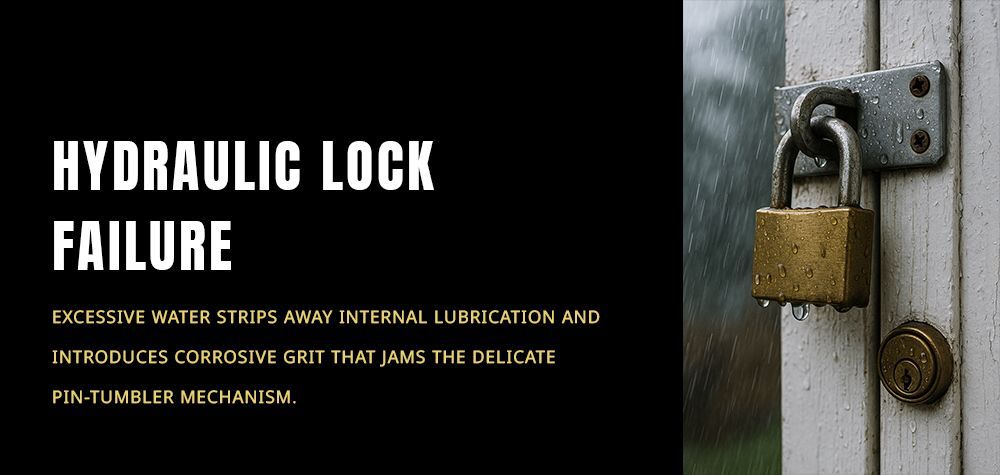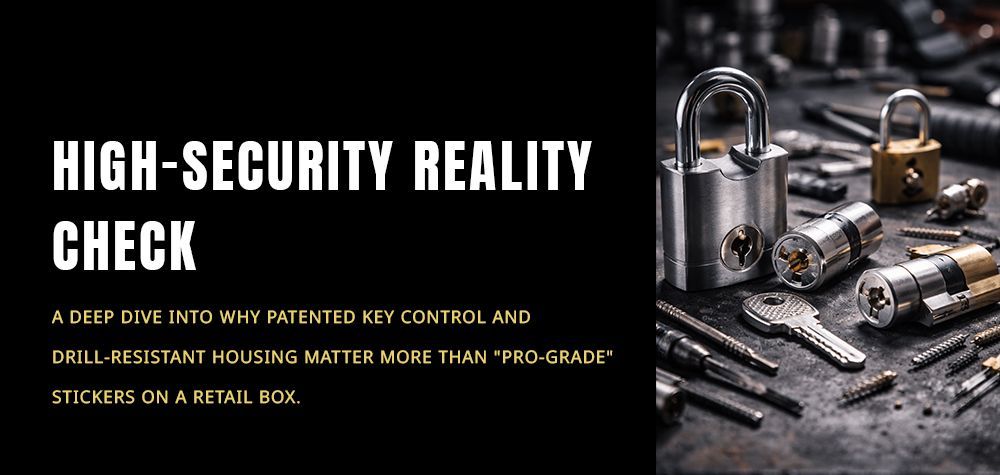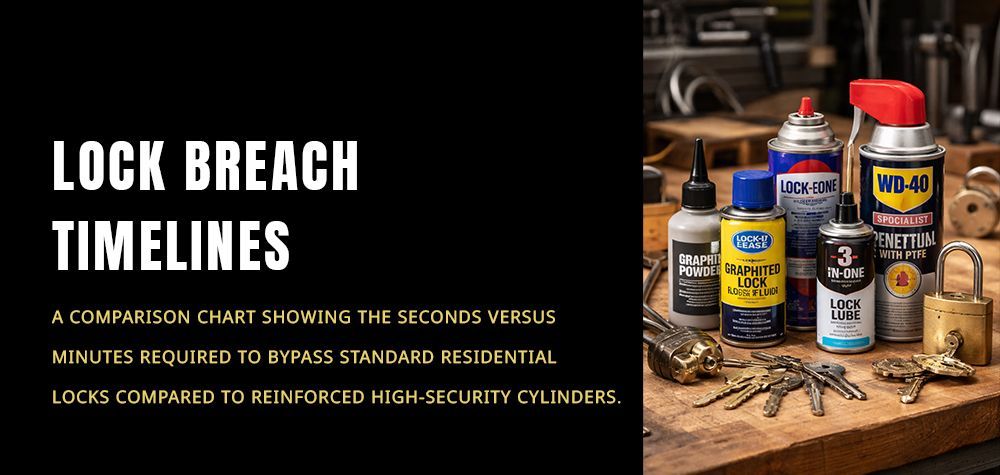When to Replace Your Commercial Door
A commercial door is stronger and thicker than a regular residential door. However, people use it more frequently. Because of that, it could experience a lot of wear and tear.
If safety is a major concern to you, then changing your commercial doors will ensure that you are in touch with modern security integrations. Commercial door replacement is only a way to maintain your facility and keep it safe.
Commercial Doors Have Expiry Dates
Commercial doors usually have expiry dates. They expire after about 10,000 uses. When you have used the door for a long time, it is only necessary that you replace it and provide a new door for your facility.
Usually, it will take about 20 or 30 years for you to replace your doors depending on the make of the door and how you maintained it. Although commercial doors have expiry dates, you can prolong their lifespan by maintaining them effectively.
When you maintain it regularly, it will be easier for you to spot defects in the door early enough and know when it is time to repair or replace it.
Is commercial door replacement necessary?
Commercial door replacement is necessary and you should do it when you notice that your doors no longer offer you maximum protection for your facility. If the doors are old and weak, it is time for a replacement.
Commercial door replacement requires you to conduct an overhaul of your doors to take care of all security risks that could arise from the poor state of the doors. You don’t manage an old and worn-out door. Replace it.
Apart from the age of the door, commercial door replacement is also necessary where you want to change the look of your property and give it a modern touch. It could also boost sales and provide new business opportunities.
Sometimes, you might need to change your commercial doors when there are new regulations by the local authorities. Where there is a new fire safety standard and your doors fall short of them, a replacement would be the only option.
Safety regulations change from time to time. When the building code in your area requires that pedestrian doors have certain features in line with fire standards, comply with these regulations, or run into problems with the local authority.
Commercial door replacement is not negotiable when the damage to the door is beyond repair. If the damage is irreparable, it is time to get a new door. If it becomes very difficult to close or open the door, change it. It means that it is no longer serving its purpose.
If you have been fixing issues on your door frequently, it could be a sign that you need a replacement. Too many repairs are indications that the fixes are not the problem, but the overhead.
Commercial door replacement enhances security
Before a commercial door can offer the security that you desire, it has to be functional. The sensor and other parts of the door need to be working well. If the commercial door is not in good shape, it is a security threat.
Also, a commercial door in poor condition could cause harm to the users of the facility. It poses a risk and could cause injury to others. If you check these doors regularly, you will know when the door is working and when it can cause harm to others.
Replacement saves money and time
A bad commercial door can make you lose a lot of money. If there is any robbery, your facility does not have optimal protection. Where there is a strong commercial door in place, it would help prevent theft and its resultant danger to members of staff.
Enhances the outlook
A door adds to the overall appearance of a facility. If you have a damaged commercial door in place, it would affect the outlook of your facility. The appearance of the property is a factor that affects the value of the property. So, when the doors are bad and need replacement, it reduces the value of your property.
Should you rather repair than replace it?
You don’t have to replace your doors all the time. Sometimes you should rather repair the door. Repairing the door should be the first step you take before you consider replacing it.
When the problem is a faulty or old lock, you don’t have to replace the entire door. Change the part of the lock that is malfunctioning and you have solved the problem. You could also replace the entire lock system.
If the defect on the door is partial, you don’t need to replace it. Rather, you need technicians to fix the door for you. Issues like rusty springs, missing screws, and sticky tracks are issues that need repair. You don’t have to replace your door because of them.
Repair it when the door has minimal damage. An expert should examine the door and determine whether the damage is minimal or serious damage that would require the replacement of the doors.
How to replace your commercial doors
If you are certain that you need a commercial door replacement, get door replacement experts in Arizona to handle it for you. Replacing a door is a process that needs professionals to handle. If you do not have any training, expertise, and experience in commercial door replacement, you would make a mess of it and could injure yourself.
Conclusion
At some point, commercial door replacement becomes so necessary that you have to do it. When that is the case, it would be wrong to repair it. Failing to replace a door that needs replacement is a potential risk to you and the users of your facility.
The rule of thumb in deciding whether to replace or repair is safety. It is because the door is an essential factor in the overall security of your facility. Avoid DIY fixes when that door needs replacement. Rather, get a commercial door replacement expert in Arizona to do the task. We’ll be happy to help out.
Call Us Any Time!








